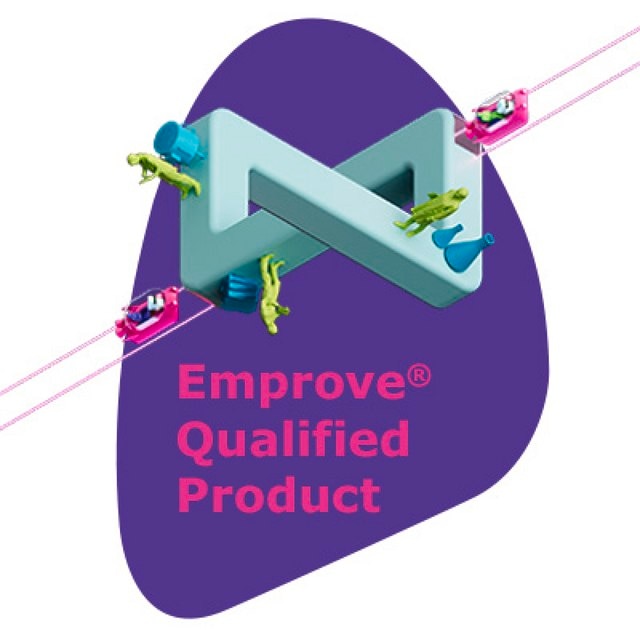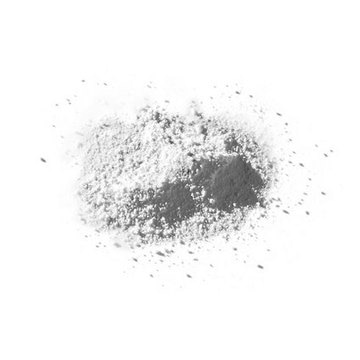1.05012
Potassium hydroxide
pellets EMPLURA®
Synonym(s):
Potash caustic, Caustic potash
About This Item
Recommended Products
vapor pressure
1 mmHg ( 719 °C)
Quality Level
product line
EMPLURA®
assay
≥84.0% KOH basis (acidimetric)
form
solid
potency
333 mg/kg LD50, oral (Rat)
pH
14 (20 °C, 56 g/L in H2O)
mp
361 °C (lit.)
anion traces
carbonate (K2CO3): ≤2.0%
chloride (Cl-): ≤0.01%
sulfate (SO42-): ≤0.01%
cation traces
Al: ≤0.002%
Fe: ≤0.002%
heavy metals (as Pb): ≤0.002%
storage temp.
2-30°C
SMILES string
[OH-].[K+]
InChI
1S/K.H2O/h;1H2/q+1;/p-1
InChI key
KWYUFKZDYYNOTN-UHFFFAOYSA-M
Looking for similar products? Visit Product Comparison Guide
Related Categories
Application
- Transformation of hard pollen into soft matter.: This study demonstrates the transformation of hard pollen into soft matter using potassium hydroxide treatment, providing insights into new materials′ potential applications in soft robotics and other fields (Fan et al., 2020).
- Radiation induced oxidation of [(18)F]fluorothia fatty acids under cGMP manufacturing conditions.: The research highlights the role of potassium hydroxide in the oxidation process of radiolabeled fatty acids, which is critical for producing radiopharmaceuticals used in medical imaging (Pandey et al., 2020).
- Molecular epidemiology of otomycosis in Isfahan revealed a large diversity in causative agents.: This study utilized potassium hydroxide preparations to identify fungal pathogens in otomycosis, showcasing its importance in clinical diagnostics and microbiological studies (Aboutalebian et al., 2019).
Analysis Note
Carbonate (as K₂CO₃): ≤ 2.0 %
Chloride (Cl): ≤ 0.01 %
Sulfate (SO₄): ≤ 0.01 %
Heavy metals (as Pb): ≤ 0.002 %
Al (Aluminium): ≤ 0.002 %
Fe (Iron): ≤ 0.002 %
Legal Information
signalword
Danger
hcodes
Hazard Classifications
Acute Tox. 4 Oral - Eye Dam. 1 - Met. Corr. 1 - Skin Corr. 1A
Storage Class
8A - Combustible, corrosive hazardous materials
wgk_germany
WGK 1
flash_point_f
Not applicable
flash_point_c
Not applicable
Certificates of Analysis (COA)
Search for Certificates of Analysis (COA) by entering the products Lot/Batch Number. Lot and Batch Numbers can be found on a product’s label following the words ‘Lot’ or ‘Batch’.
Already Own This Product?
Find documentation for the products that you have recently purchased in the Document Library.
Customers Also Viewed
Our team of scientists has experience in all areas of research including Life Science, Material Science, Chemical Synthesis, Chromatography, Analytical and many others.
Contact Technical Service







